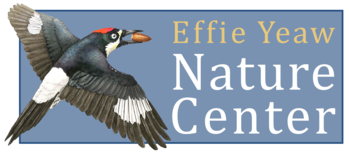Turtles are an important and sometimes unrecognized part of both terrestrial and aquatic ecosystems. Not only are they a food source for many predators but their eggs as well. The decomposition of the eggshells and the bodies of hatchlings that do not survive also provide nourishment to beach vegetation which in turn minimizes erosion by stabilizing the earth with its roots. As with any animals turtles are consumers and important ones at that! Many herbivorous and omnivorous turtles eat and deposit seed (through their scat) which later germinate and grow into new plants.[1]
Their ecological importance doesn’t stop there. Turtles especially tortoises like the gopher tortoise “function as environmental engineers” as many species are “prolific diggers” who construct intricate burrows that provide homes for hundreds of other animal species.[1] Because of these burrows the food sources they provide and their ability to encourage new plant growth turtles are classified as keystone species as their decline would mean the decline of healthy ecosystems.
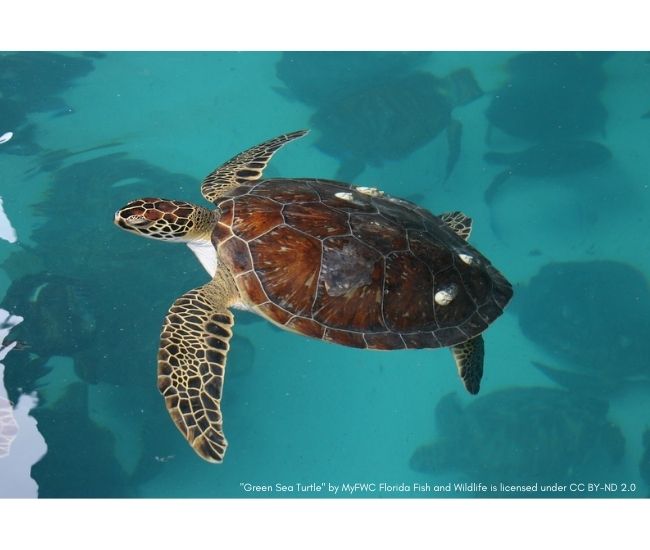
Turtles Under Threat
Many turtle species are under threat worldwide almost entirely from overharvesting and habitat destruction by humans.[2] Sea turtles in particular are subject to intense pressure from poachers who sell their eggs for enormous profit in illegal wildlife trade.[3] Adult sea turtles are also often caught by accident called “bycatch” when fisheries use damaging practices like trawling and longlining.[4] Aside from poaching loss of habitat is the most common threat to all turtle species. Tortoises (a type of turtle in the family Testudinidae) such as the critically endangered geometric tortoise native to South Africa are an example of a species experiencing a population decline due to habitat destruction degradation and development of farmland and cities.
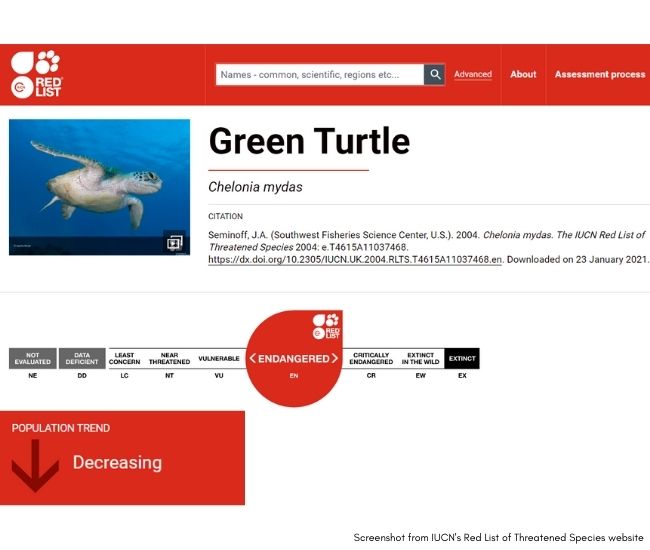
The chart below shows the number of at-risk turtle species: 62.2% are either Critically Endangered Endangered or Vulnerable and 3.5% either Extinct in the Wild or Extinct entirely.[5]
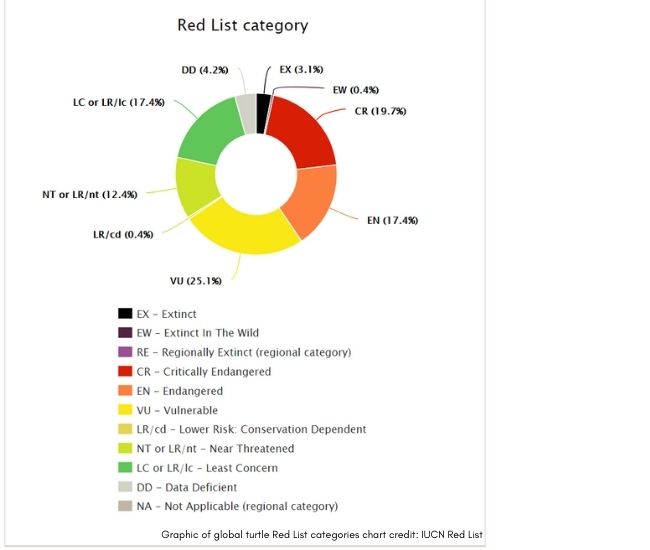
Local western species are also at risk. Listed in the Vulnerable category[6] the western pond turtle (also known as the Pacific pond turtle) face similar threats of endangerment. Normally the western pond turtle’s habitat stretches along the Pacific coast from Canada to Mexico. However there have been no sightings in Canada since 1959 and in 2002 they were declared locally extinct in Canada.[7]
Like other turtle species western pond turtles have been pressured by loss of habitat and overharvesting. In the 19th and 20th centuries western pond turtles were caught in large numbers to be sold as food.[7] More recently they face competition with invasive species such as the red-eared slider which are commonly kept as pets but often released into places where they are not native. Red-eared sliders are bigger and reproduce more easily than most native turtles so they are more successful at the native species’ expense.
Effie Yeaw Nature Center
The Nature Study Area around the Effie Yeaw Nature Center is a dedicated nature preserve of riparian habitat perfect for western pond turtles which can be found in our ponds and in the river. One of our many non-releasable resident animals is Clem the western pond turtle who has been in our care for almost 14 years. Like all our animal ambassadors Clem is an incredible educational animal who helps EYNC staff and volunteers teach our community about his species’ amazing adaptations their ecological importance and ways to help protect turtles like him.
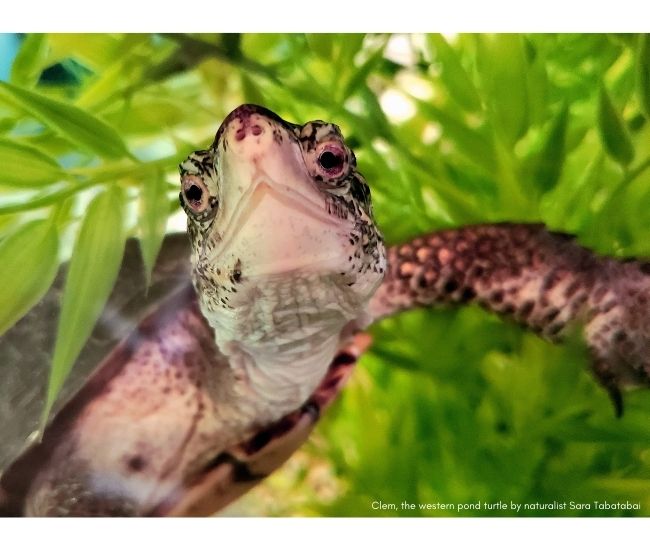
How Can You Help?
Below are several ways you can protect our local turtles!
– Conserve water! Turn your faucet off when brushing your teeth or take shorter showers. By reducing your water consumption even just by a bit you ensure that turtles have plenty of aquatic habitat to live and thrive in!
– Prevent pollution! Pick up your trash and dispose of it properly. When safe pick up trash you find out in nature and dispose of it to help keep habitats healthy and trash-free. Pick up after your pet. Use more environmentally friendly products when able.
– Follow the Three R’s: Reduce Reuse Recycle! Reducing your waste even by just a little has a big positive impact on the environment. And before you recycle a glass bottle or toilet paper roll considers ways you can reuse it – whether it be for storage or a craft!
– Do not release your pet turtle into the wild! If you have a turtle or any other pet please do not release them into the wild. They can cause serious harm to local wildlife by spreading disease killing vulnerable species and creating excessive competition with native wildlife all of which can lead to the endangerment of native species.
– Donate to conservation and environmental non-profit organizations! If you’re able donate what you can to non-profits who preserve and safeguard habitats and wildlife like the IUCN local wildlife rehabilitation facilities turtle conservation organizations and us the Effie Yeaw Nature Center. And remember you can donate both financially and by volunteering!
References
[1] Summary By: Owen Rogers | Published: April 1 Author: Owen RogersOwen Rogers Is from Northern Illinois Author: Owen Rogers and Owen Rogers Is from Northern Illinois. "The Vital Importance Of Turtles." Faunalytics. 17 July 2019. Web. 22 Jan. 2021.
[2] "Turtles in Trouble: The World's 25+ Most Endangered Tortoises and Freshwater Turtles – 2011." International Union for Conservation of Nature. Ed. Anders G.J Rhodin Andrew D. Walde Brian D. Horne Peter Paul Van Dijk Torsten Blanck and Rick Hudson. Turtle Conservation Coalition Feb. 2011. Web. 22 Jan. 2021.
[3] "InvestEGGator Sea Turtle Eggs." Paso Pacifico. 2021. Web. 22 Jan. 2021.
[4] “IUCN Red List – Green Turtle.” 30 Apr. 2004. Web. 22 Jan. 2021. IUCN Red List of Threatened Species.
[5] “IUCN Red List – Western Pond Turtle.” 01 Aug. 1996. Web. 22 Jan. 2021.IUCN Red List of Threatened Species.
[6] "IUCN Red List – Turtles Stats." IUCN Red List of Threatened Species. 2021. Web. 22 Jan. 2021.
[7] "Species Profile." Species Profile (Pacific Pond Turtle) – Species at Risk Public Registry. 24 Aug. 2017. Web. 22 Jan. 2021.
